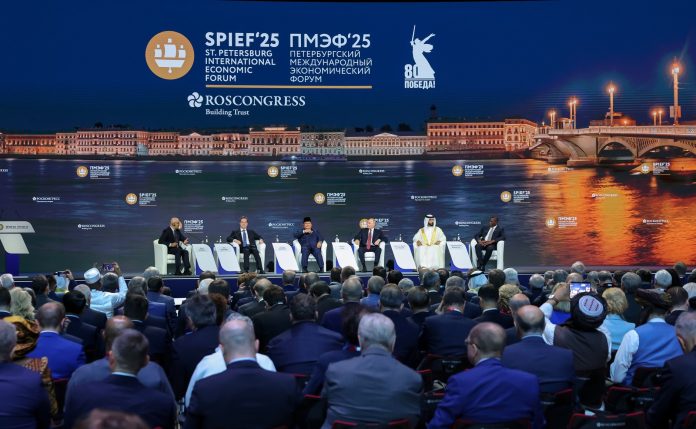The 28th St Petersburg International Economic Forum (SPIEF) took place from 18 to 21 June 2025 at the Expoforum Convention Centre, drawing more than 20,000 participants from over 140 countries. This year’s theme, “Shared Values as the Foundation of Growth in a Multipolar World”, reflected the ongoing transformation in global political and economic alignments. The event served not only as a business and policy dialogue platform, but also as a visible counter to claims of Russia’s isolation from the international stage.
High-level delegates from across the globe attended, including President Prabowo Subianto of Indonesia, Vice Premier Ding Xuexiang of China, Vice President Paul Mashatile of South Africa, and Prince Nasser bin Hamad Al Khalifa of Bahrain. Their participation underlined Russia’s deepening engagement with Asian, African, and Middle Eastern partners.
Key themes and presidential address
In his plenary speech, President Vladimir Putin declared that Russia’s economy was “resilient and evolving”, noting a GDP growth of over 4% annually in recent years. He stressed the importance of moving toward a high-tech, diversified economy and outlined the goal of bringing Russia into the top 20 countries globally for ease of doing business by 2030. He also underscored that “the contribution of the raw materials sector is no longer decisive” in economic growth.
Putin acknowledged challenges including inflation, which had fallen below 10%, and emphasised the need for structural reforms, increased digitalisation, and greater productivity. A key highlight was his call for broader use of the digital rouble, as well as proposed industrial projects focused on reclaiming valuable components from industrial waste.
The President also reaffirmed Russia’s “pivot to Asia”, arguing that the economic rise of Asian and African nations was inevitable and calling for cooperation based on mutual interests. “The forum’s success clearly demonstrates that attempts to isolate Russia have failed,” Putin said. He added that “Russia’s economy remains strong and continues to grow steadily despite external pressures.”
Notable deals and bilateral engagements
The forum was marked by a range of strategic agreements:
- Russia and Saudi Arabia announced a fourfold increase in bilateral trade.
- VEB.RF and National ProjectStroy signed a 1 trillion rouble PPP development memorandum.
- VK and T Plus entered a partnership for IT product development and digital solutions.
- Sberbank and RANEPA launched an AI and big data programme for public sector leaders.
- Agreements were signed on infrastructure, media production, education, and transport digitisation.
Putin also held bilateral talks with Indonesian President Subianto and other regional leaders, reinforcing Russia’s multi-vector diplomacy. The meeting, highlighted the growing strategic dialogue between Moscow and Jakarta.
President Putin also received an invitation to attend the upcoming G20 summit in South Africa, as confirmed by the Russian Foreign Ministry’s envoy for G20 and APEC affairs, Marat Berdyev.
Constructive criticism and open discussion
Despite the event’s largely positive tone, several sessions acknowledged existing challenges.
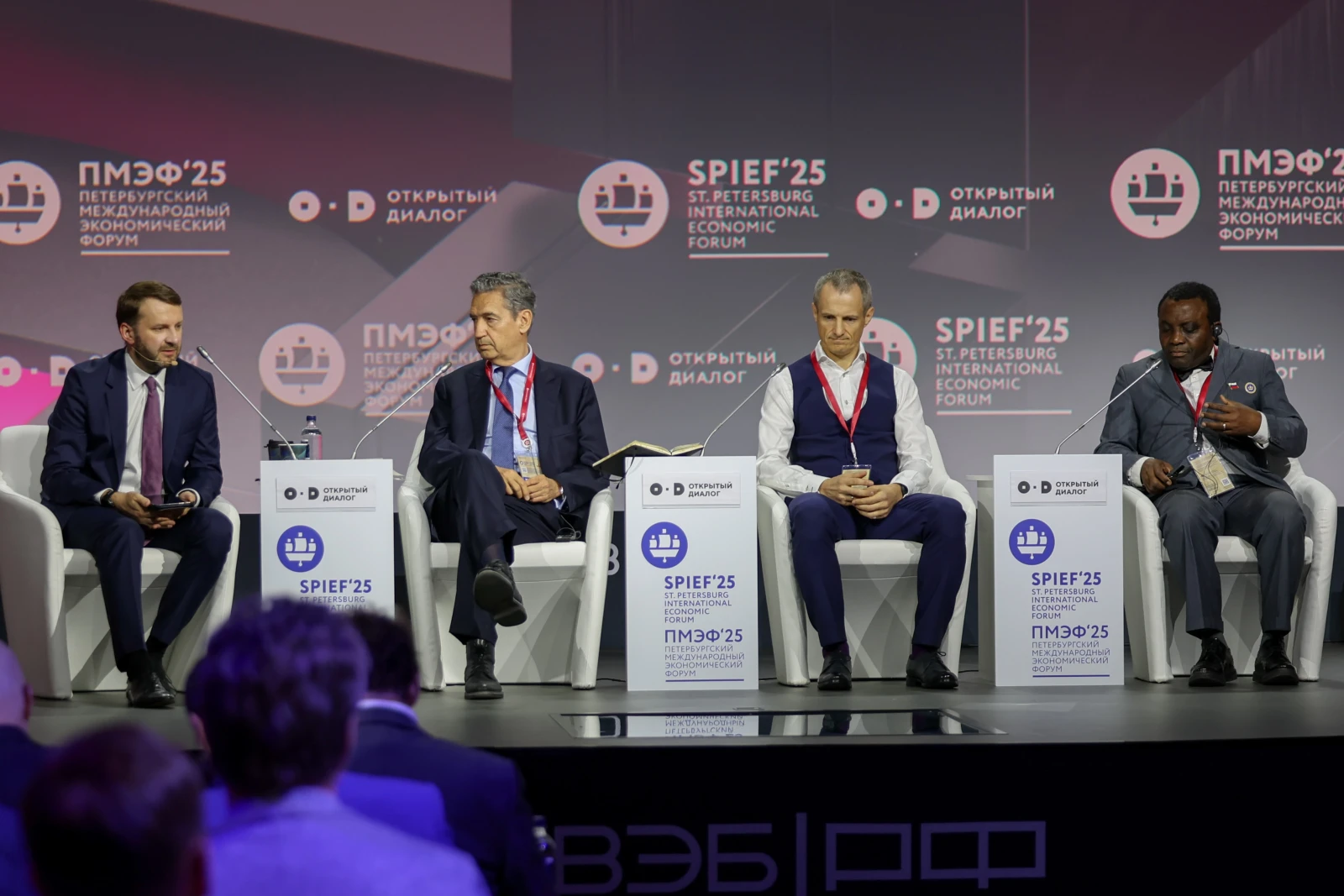
Minister of Economic Development Maxim Reshetnikov warned that Russia might be “on the verge of recession,” pointing to cooling business activity. Central Bank Governor Elvira Nabiullina and Finance Minister Anton Siluanov offered less stark assessments, describing the situation as “a return to balance” or “cooling off” after rapid growth.
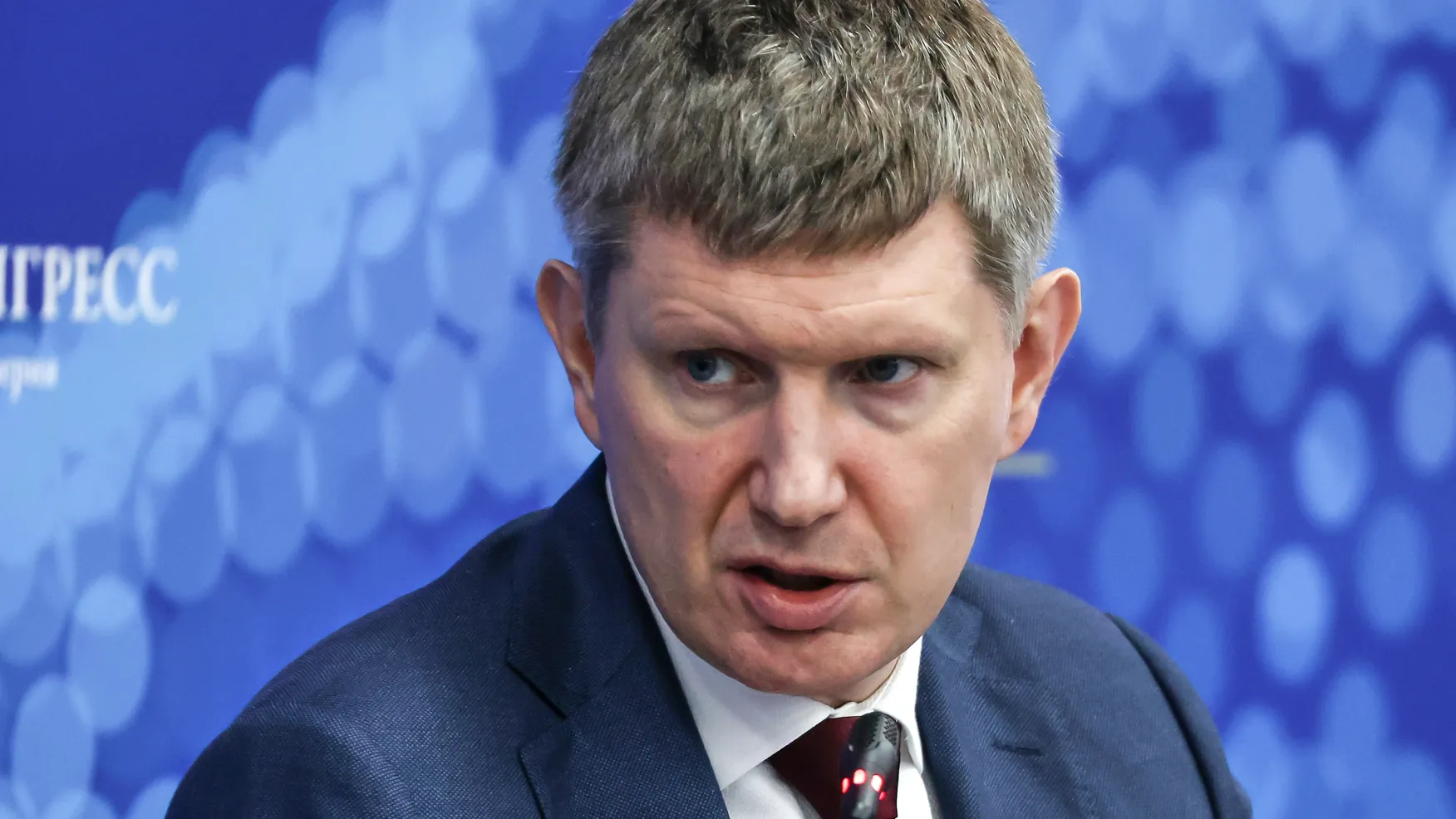
There was also debate over the exchange rate of the rouble. Sberbank CEO Herman Gref argued that the current rate of 78–79 to the dollar is unsustainably strong and proposed a “balanced” rate of over 100. Central Bank representatives disagreed, stating that the existing exchange rate reflects the real market equilibrium.
Andrey Kostin of VTB Bank noted the difficulty of developing a robust Russian stock market without foreign investors, an implicit recognition of the current geopolitical limitations.
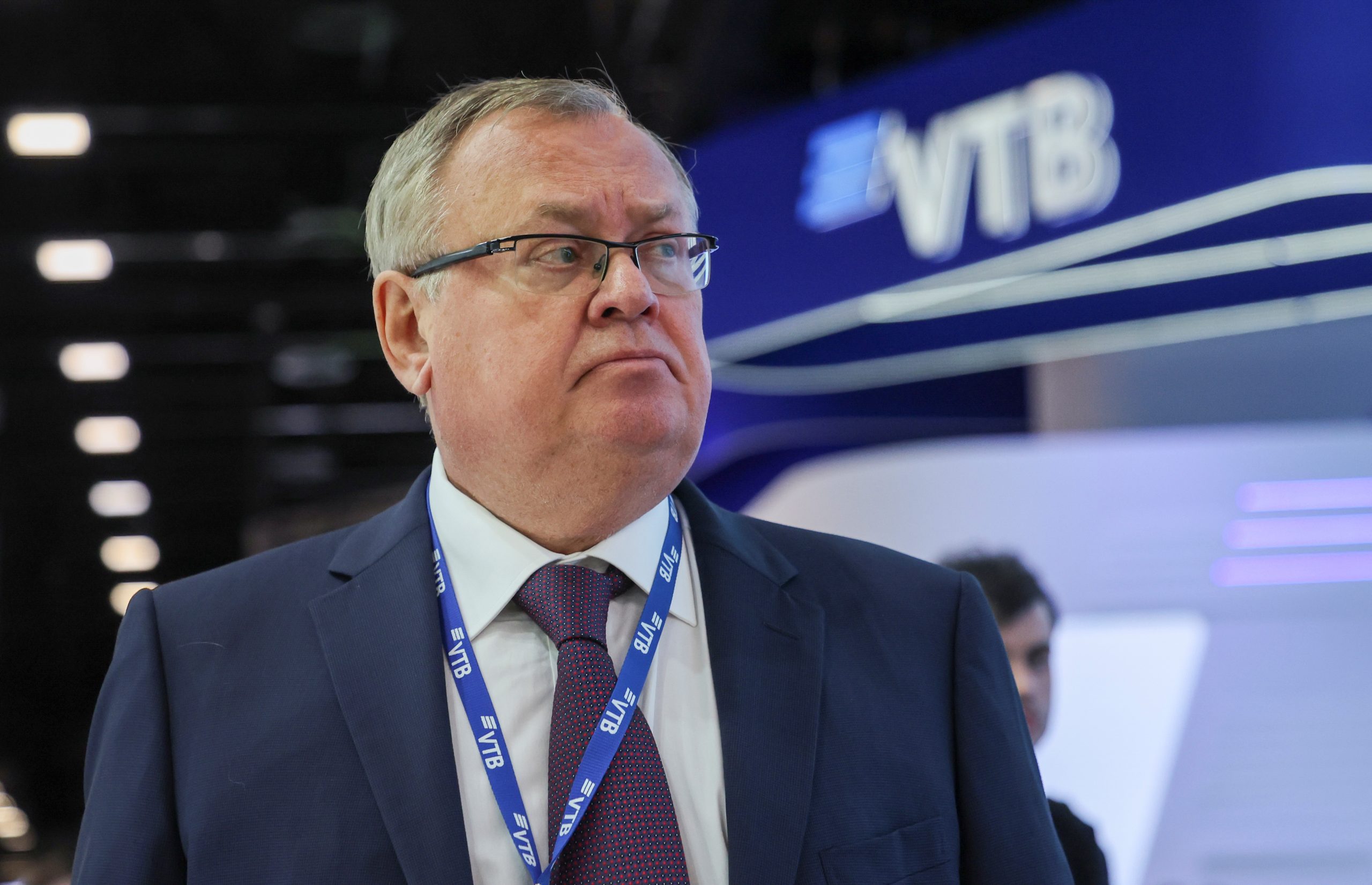
Vice-Premier Alexander Novak cautioned against speculation on oil market disruptions due to Middle East tensions, adding that OPEC+ countries base their strategy on long-term forecasts from their analysts. He noted that the regional conflict could nonetheless affect global logistics and economic stability.
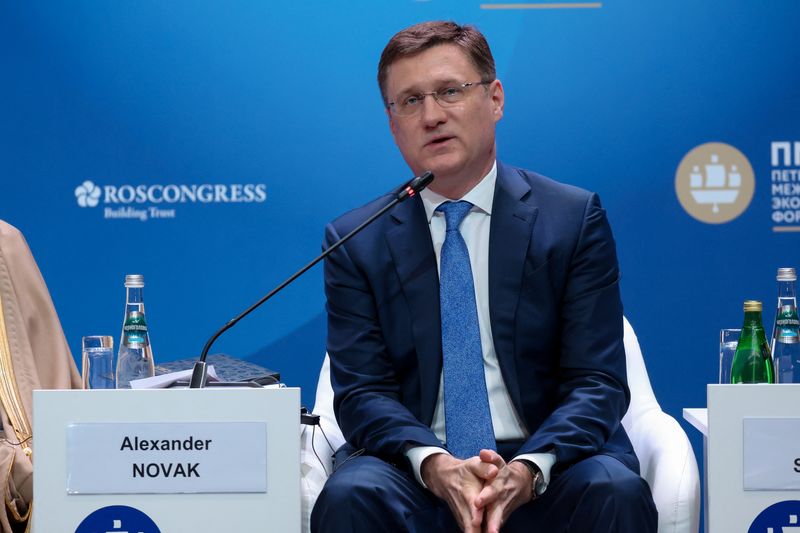
Deputy Prime Minister Dmitry Grigorenko reported that since 1 March, more than 12 million Russian citizens have used the Gosuslugi portal to voluntarily block themselves from taking out loans, a move aimed at curbing personal debt risks.
Housing and construction sectors are also under close federal attention. Minister of Construction Irek Fayzullin announced that new support measures would be launched before the year’s end in 37 regions to help developers complete approximately 400,000 square metres of residential projects under subsidised lending programmes.
Foreign Ministry Spokesperson Maria Zakharova stated that Russia is prepared to send a delegation to Istanbul for renewed talks with Ukraine after 22 June, with dates to be determined. She further alleged that Ukraine is attempting to open a second front in Africa, citing reports from Malian and Burkinabe media of militant activity linked to Kyiv.
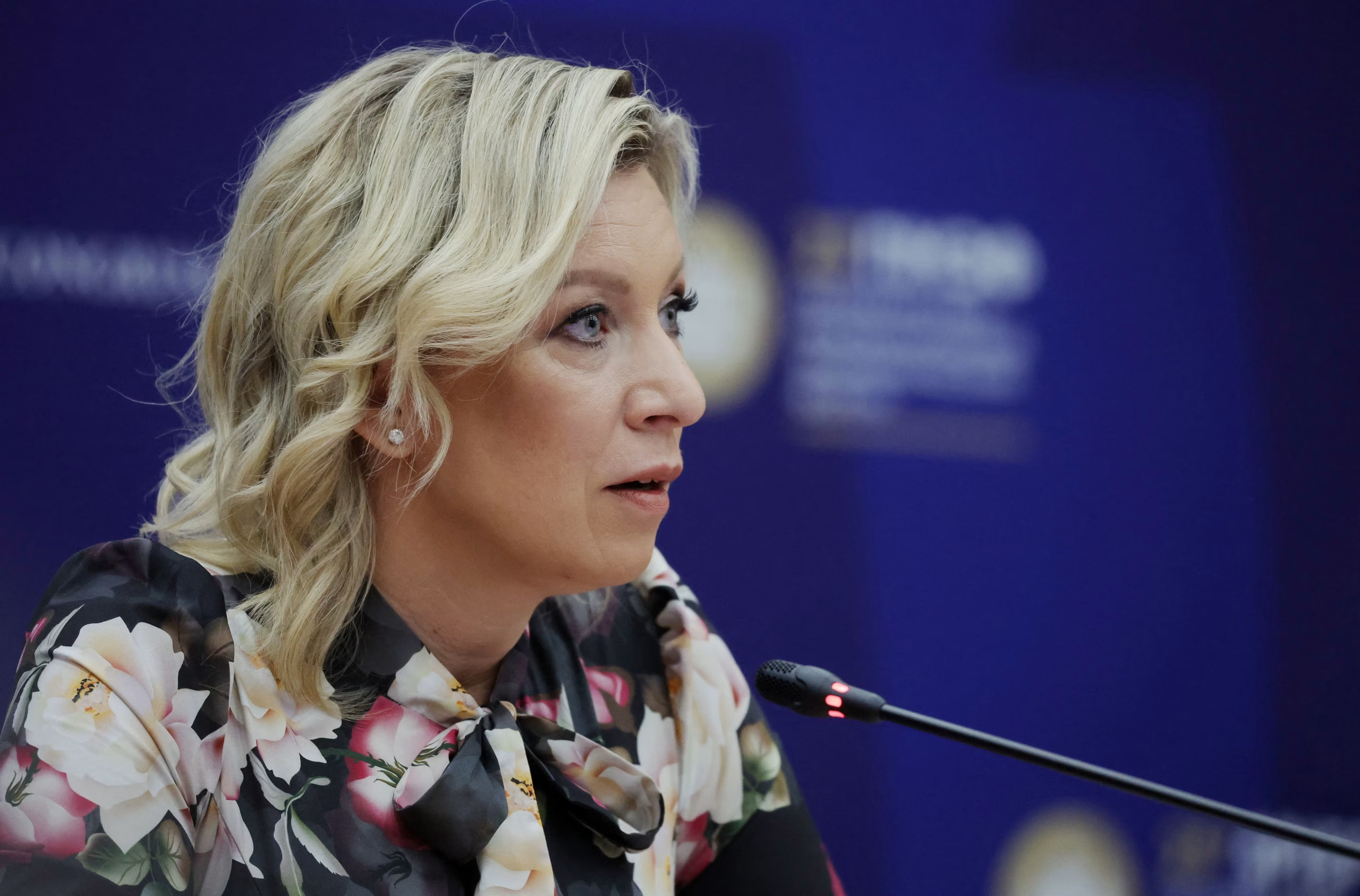
In a separate humanitarian development, Russia’s Children’s Rights Commissioner Maria Lvova-Belova said Moscow is preparing a list of children currently located in Ukraine with the aim of facilitating family reunifications. The list is expected to be delivered during a third round of negotiations.
Regional and strategic significance
Regional delegations used the SPIEF as a platform to secure investment, present infrastructure projects, and strengthen ties with federal ministries and international partners. Experts noted that the forum offers vital opportunities for governors to showcase regional strengths and lobby for development funds.
According to political analysts and economists present, the forum reinforced Russia’s active participation in global economic dialogue, demonstrated pragmatic diplomacy, and highlighted both the ambitions and the constraints of the current economic trajectory.
The St Petersburg International Economic Forum 2025 succeeded in projecting a message of engagement, resilience, and strategic adaptability. With record international turnout, high-level dialogue, and a wide range of deals and debates, the forum stood as tangible evidence that Russia remains firmly embedded in the evolving multipolar global landscape.
